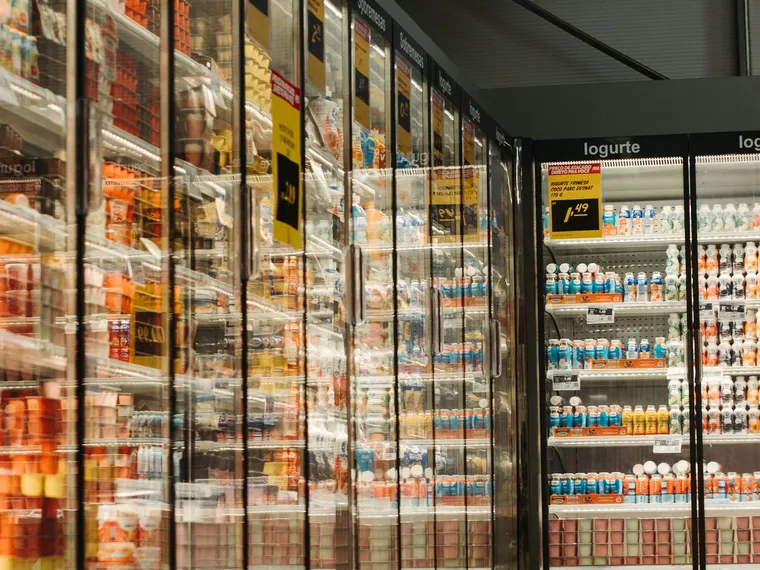When it comes to the food and beverage industry, a commercial refrigerator is more than just a cooling device; it is a cornerstone of operations. Designed to meet the rigorous demands of restaurants, grocery stores, catering businesses, and other commercial establishments, these refrigerators ensure that perishable items remain fresh and safe for consumption. Unlike domestic refrigerators, commercial models are built for heavy-duty use and have features tailored to the unique requirements of businesses.
Features That Set Commercial Refrigerators Apart
Commercial refrigerators are designed with durability and efficiency in mind. One of their standout features is their robust construction, often using stainless steel exteriors and interiors to withstand the wear and tear of daily usage. Additionally, they come equipped with high-capacity compressors and advanced cooling systems that ensure consistent temperatures even with frequent door openings. Many commercial refrigerators also include adjustable shelving, digital temperature controls, and automatic defrost systems to provide flexibility and ease of use.
Another crucial feature is energy efficiency. Modern commercial refrigerators are built to comply with stringent energy standards, which help businesses reduce operational costs while minimizing their environmental impact. Some models are even equipped with smart technology that monitors energy usage and optimizes performance, ensuring that food stays fresh without unnecessary power consumption.
Applications of Commercial Refrigerators in Various Industries
Commercial refrigerators play a pivotal role across a range of industries. In restaurants and catering businesses, they are indispensable for storing fresh produce, meats, dairy products, and beverages. Grocery stores rely on large-scale refrigeration units to display perishable items while keeping them at optimal temperatures. Furthermore, bakeries use specialized refrigeration units to store ingredients and maintain the quality of their products.
In the healthcare and pharmaceutical sectors, commercial refrigerators serve a critical purpose as well. They are used to store temperature-sensitive medications, vaccines, and biological samples, ensuring they remain viable. The versatility of commercial refrigerators makes them an essential investment for any industry that requires reliable cold storage solutions.
Choosing the Right Commercial Refrigerator
Selecting the right commercial refrigerator depends on several factors, including the nature of the business, available space, and budget. Businesses must assess their storage needs and choose a refrigerator with sufficient capacity and the right configuration, such as reach-in, walk-in, or under-counter units. Energy efficiency ratings should also be a priority, as they can significantly affect long-term operational costs.
Maintenance is another key consideration. Regular cleaning and servicing are essential to extend the lifespan of commercial refrigerators and ensure their optimal performance. Choosing a model from a reputable brand with excellent after-sales support can make a significant difference in minimizing downtime and ensuring smooth operations.
Conclusion
Commercial refrigerators are indispensable in today’s fast-paced industries that rely on efficient food and temperature-sensitive storage solutions. With their durable construction, advanced features, and energy-efficient designs, they provide businesses with the reliability they need to thrive. By choosing the right model and maintaining it properly, businesses can ensure long-lasting performance and cost savings, making commercial refrigerators a vital investment for any operation. Whether in a bustling restaurant kitchen, a grocery store, or a pharmaceutical lab, these powerful appliances keep things running smoothly while safeguarding the quality of stored items.

